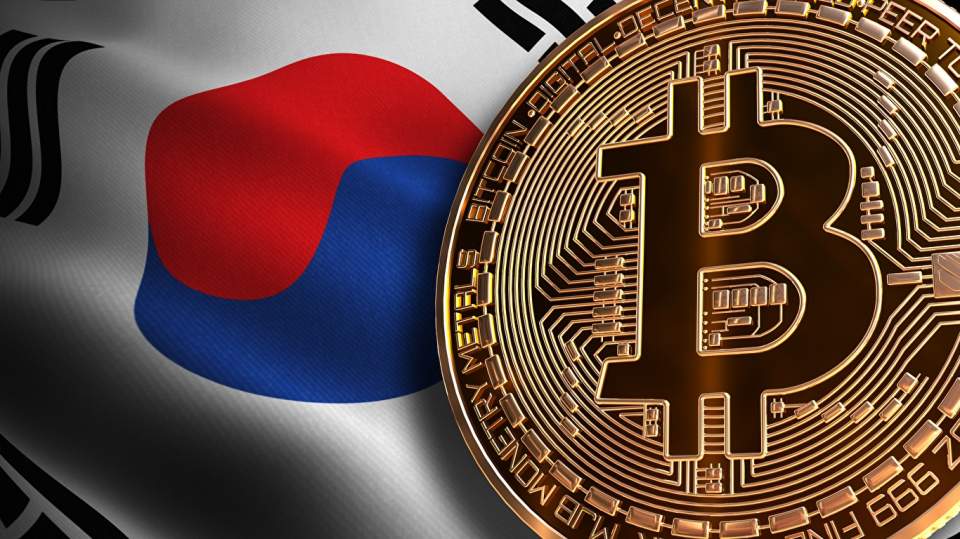South Korean Finance Minister Hong Nam-ki announced that the cryptocurrency tax law will take effect in 2022. At the same time, NFTs are excluded from the legislation.
The finance minister said that petitions to postpone the entry into force of taxation of income from cryptocurrencies have been rejected, and the law will enter into force on January 1, 2022. He stated that the South Korean cryptocurrency sector has grown to the size of the stock market, so the implementation of the law on taxation of digital assets should not be delayed.
Hong Namki confirmed that non-fungible tokens are excluded from the law. Indeed, in the South Korean legislation on taxation of cryptocurrencies, NFTs have not received the status of virtual assets. Therefore, income over KRW 2.5 million ($ 2,100) earned from the NFT will not be subject to 20% tax. This decision could be a tax loophole for cryptocurrency investors in South Korea.
The NFT market is currently developing at a rapid pace. Sales of tokenized art and collectibles, music and other valuables reached $ 10.7 billion in the third quarter of 2021.Despite its growing popularity, NFT is not classified as a virtual asset in South Korea. Regulators have not made the decision to give NFT the status of a digital asset and impose income tax, as they did with Bitcoin and Ether. This may change if South Korea follows the example of other countries, such as the United States and the United Kingdom, where NFTs are subject to income tax.
FSS Governor Jeong Eun-bo noted that after negotiations with other government agencies, the NFT’s status could be resolved to close tax loopholes.
Despite the uncertainty over tax regulations, NFTs continue to gain traction in South Korea. In addition to retail investors, tech giants and venture capital funds such as Naver, Kakao and Samsung are investing in NFT. South Korea has the fifth largest gaming industry market in the world. NFT is widely used in games because it gives gamers ownership of in-game items. If regulators in South Korea do not grant NFT the status of virtual assets and do not impose income tax, then the industry of non-fungible tokens will receive additional benefits for development in this country.







